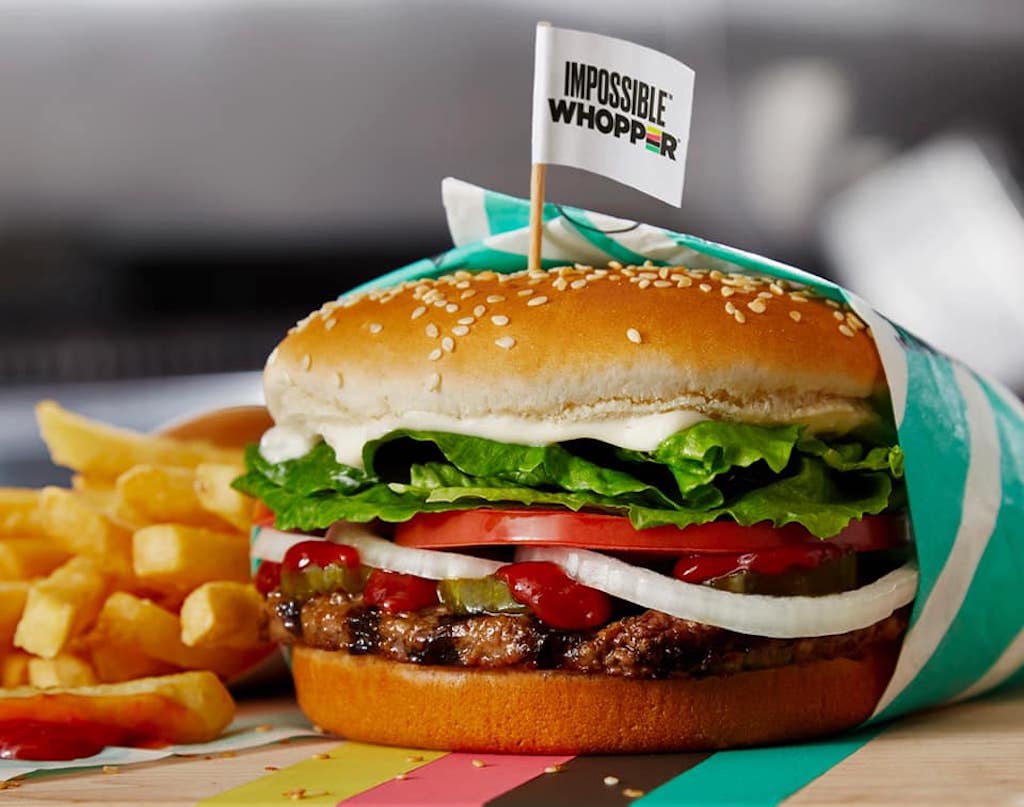Japan’s DIC Corporation Bets Big on Algae to Replace GMO Heme in Vegan Meat
3 Mins Read
Japan’s DIC Corporation, one of the world’s leading fine chemicals companies, has completed an undisclosed investment into U.S.-based biotech startup Back of the Yards Algae Sciences, which has developed a vegan heme alternative to genetically modified soy using spirulina.
The Chicago-based Back of the Yards Algae Sciences (BYAS) was launched in 2018 by Leonard Lerer, an MD MBA with almost 30 years of life sciences R&D, finance, and management experience. The company is working to develop innovative extracts and sustainable proteins. It’s an area of interest for DIC, which says it’s working to shift toward more sustainable and circular algae-derived products including food colorants, additives, and biostimulants that can help improve farming yields.
Sustainable development
DIC works across a number of sectors including packaging materials as well as materials for smartphones, automobiles, and televisions. The company has been prioritizing sustainability in recent years, looking also at products that it says “respond to social change and which help address social imperatives.”
BYAS offers DIC access to its proprietary technology for the extraction of active ingredients from biobased materials, including algae and mycelia—the root structure of mushrooms.

The company has developed a heme analog from the blue-green algae spirulina. according to BYAS, it’s receiving industry interest for its ability to “enhance the alternative meat taste and aroma, without the use of genetically modified organisms.”
That development could play a big role in future vegan meat options. Bay Area vegan meat producer Impossible Foods has come under fire for its use of genetically modified soy for its heme element. Heme is what gives the company’s vegan meat that meaty and bleeding texture and appearance. While a hit in the U.S., with placement in Burger King among other chains, heme has slowed the company’s expansion plans outside of the U.S., while its chief competitor, Beyond Meat, which does not use heme, has sped into European and Asian markets in recent years.
Spirulina research
DIC has been a leader in spirulina research since the 1970s. The multinational corporation developed a natural and edible pigment from the algae, a food color product called Lina Blue. It’s been used in food products as well as livestock feed.

BYAS says its platform is also ‘zero-waste,’ and that it “effectively utilizes all ingredients obtained from biobased materials.” This, the company says, contributes to improved consumer health as well as the circular economy, which it says is “perfectly aligned” with DIC’s vision.
The investment will see DIC and BYAS share their algae tech to develop new products, improve efficiency, reduce waste, and increase sustainability efforts. There’s also a go-to-market plan with DIC Group member Sun Chemical Corporation.




